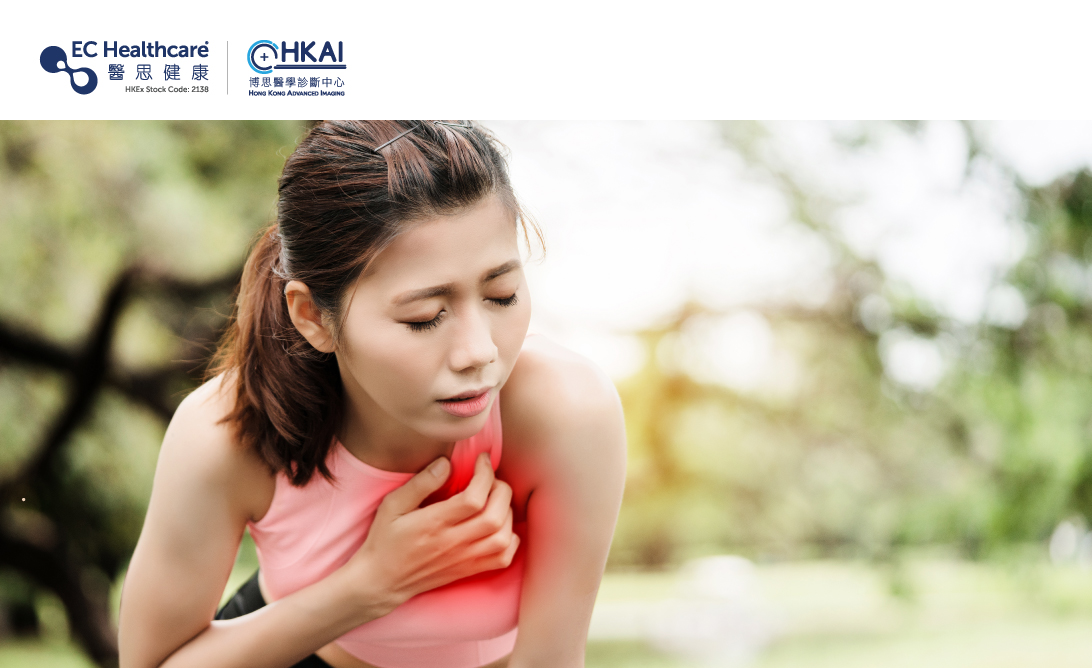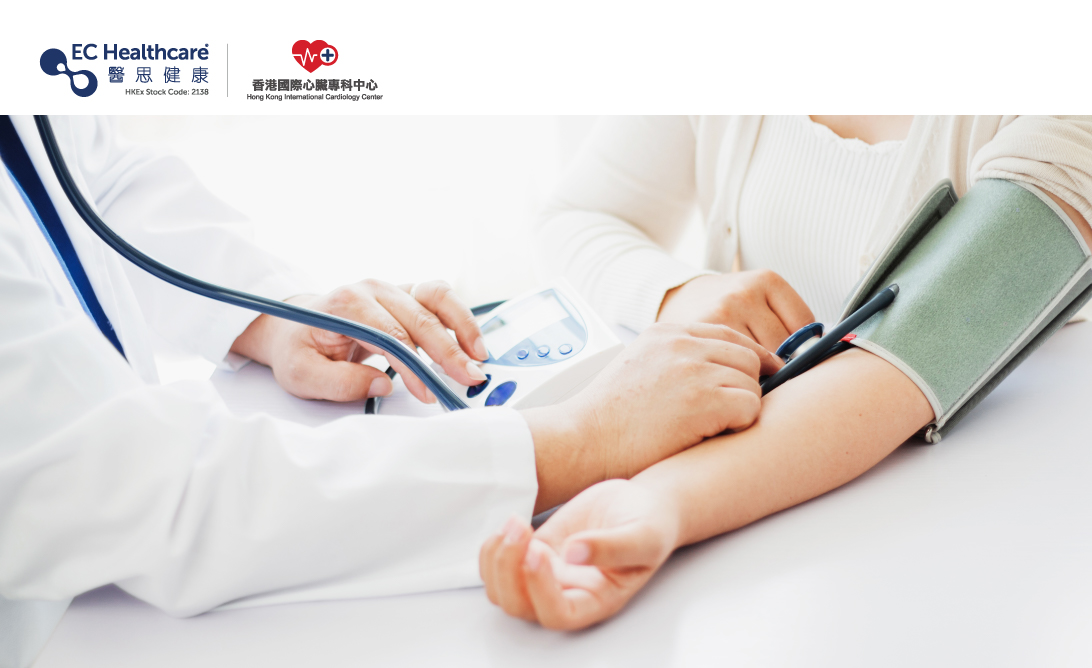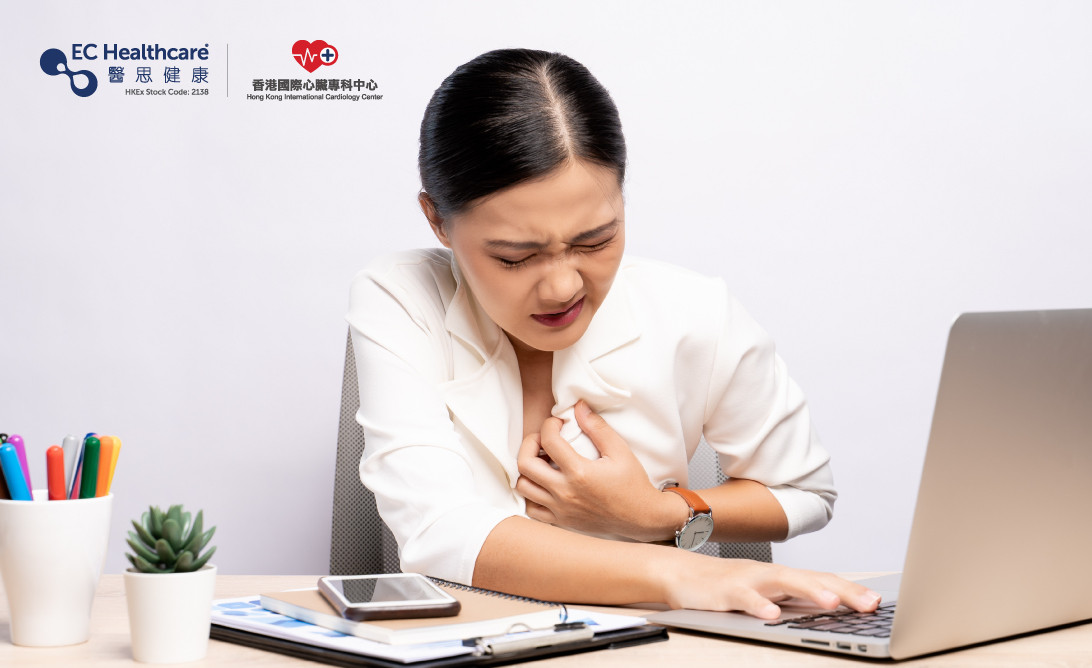Beware of Sudden Cardiac Death Risk during High-Intensity Exercise


We all know that exercise is beneficial for both body and mind. However, in recent years, there have been reports of sudden cardiac death occurring during physical activity. Cardiologists caution that the risk of exercise-induced sudden cardiac death is higher during the autumn and winter seasons. When engaging in vigorous or high-intensity exercise, it is crucial to pay close attention to your body's condition.

Sudden Cardiac Death Knows No Age or Gender
Many people mistakenly believe that as long as they have no bad habits or experience no heart discomfort, they are automatically healthy. However, sudden cardiac death does not discriminate based on age, gender, or location. Anyone can experience a sudden and unexpected cardiac event without warning. Individuals who smoke, are overweight, have “3 highs”, chronic illness, or a family history of cardiovascular diseases should be particularly vigilant about their heart health.
Vigorous or High-Intensity Exercise Can Trigger Exercise-Induced Sudden Cardiac Death
The majority of cases of sudden cardiac death during exercise are related to heart health. In general, individuals who experience exercise-induced sudden cardiac death often have underlying heart conditions such as coronary artery disease, narrow coronary arteries, hypertrophic cardiomyopathy, or anomalous coronary arteries, even though many are unaware of their condition. During intense or high-intensity exercise, the heart needs to pump blood at a faster rate to meet the demands of the muscles. The changes in blood flow can increase the burden on the heart. Additionally, high-intensity exercise has the potential to stimulate platelet aggregation on ruptured blood vessels, leading to cardiac ischemia and the occurrence of a myocardial infarction.
Increased Risk of Sudden Cardiac Death during Cold Weather Exercise
In cold weather, blood vessels constrict strongly. During exercise in these conditions, the body's demand for oxygen increases. However, the reduced blood flow to body parts due to constricted blood vessels can lead to increased blood pressure, accelerated heart rate, and abnormally elevated oxygen consumption by the heart. This may result in symptoms such as chest tightness, dizziness, weakness in the limbs, and temporary vision impairment. If experiencing these symptoms, it is important to immediately cease exercise, hydrate, replenish electrolytes, and seek assistance from others.
If you are unsure about your cardiovascular health or have experienced symptoms such as asthma, shortness of breath, chest discomfort, dizziness, or irregular heartbeats, it is advisable to consult a doctor promptly. Seeking a detailed cardiac scan and cardiovascular angiography can help mitigate the risk of sudden cardiac death.
Related Brands



